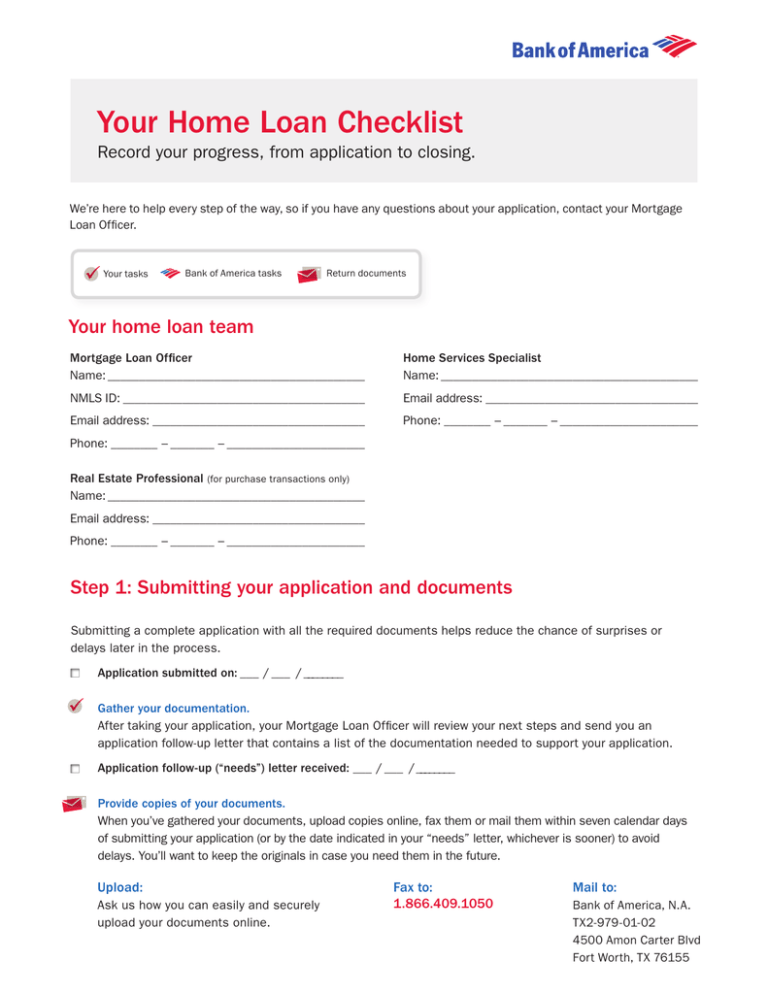5 Essential Documents for Mortgage Discussions

In the world of mortgage lending, having all your documents in order is more than just good practice; it's a necessity. Whether you're at the beginning of your homeownership journey or further along, understanding the key documents for mortgage discussions can significantly expedite and clarify the process. In this comprehensive guide, we delve into the 5 essential documents for mortgage discussions, providing insights into why each is crucial and how they facilitate the home buying process.
1. Proof of Income


Your income verification is the backbone of your mortgage application. Lenders need assurance that you can repay the loan, making proof of income an integral part of mortgage lending. Here are the documents typically required:
- Pay stubs or employment verification letter
- Tax returns for the last two years, including W-2 or 1099 forms
- Bank statements showing direct deposit income
📊 Note: If you’re self-employed, be prepared to provide additional documentation such as profit and loss statements or business licenses.
2. Credit Report

Your creditworthiness is evaluated through your credit report, which provides insights into your payment history, credit utilization, and credit mix. Here’s what you need:
- A credit report from all three major credit bureaus (Equifax, Experian, and TransUnion)
- Any disputes or letters regarding past credit issues
- Explanation of any red flags or negative items on your credit report
🔍 Note: Mortgage lenders may also pull your credit score for a more comprehensive assessment.
3. Property Documents

Purchasing a property involves not only proving your financial stability but also providing information about the property itself. Essential documents include:
- Property listing or contract of sale
- Homeowners Association (HOA) documents if applicable
- Homeowners insurance policy or quote
- Property appraisal or any previous evaluations
- Survey or plot plan
🏡 Note: Some properties may have additional disclosure documents that must be provided.
4. Asset Statements


Your assets provide lenders with confidence in your financial standing. They want to know:
- Bank statements for the last 2-3 months
- Retirement account statements (401(k), IRA, etc.)
- Investment account statements
- Any other liquid assets that could serve as a down payment or reserves
💼 Note: Lenders may request additional documentation to prove ownership of assets, especially if there are large deposits or account transfers.
5. Personal Identification

While often overlooked, your identity must be verified to prevent fraud and comply with legal requirements. Here’s what you’ll need:
- Valid photo ID (Driver’s license, passport)
- Social Security number
- If not a U.S. citizen, proof of legal residency or citizenship status
Having these 5 essential documents for mortgage discussions in hand can streamline the process of obtaining a mortgage, making your journey to homeownership smoother. By providing a clear financial picture and demonstrating your ability to manage loan repayments, you position yourself as a reliable borrower. Key takeaways include:
- Ensuring your financial documentation is up to date
- Understanding the importance of your credit history and its impact on loan terms
- Preparing property-related documents to speed up appraisal and underwriting
- Highlighting your financial stability through asset statements
- Verifying your identity to ensure a transparent lending process
Why do lenders need proof of income?

+
Lenders require proof of income to assess your ability to repay the loan. They need assurance that your income is stable and sufficient to cover mortgage payments and other financial obligations.
Can I use retirement funds as proof of income?

+
Retirement funds can be used to show financial stability, but they are not considered as part of your monthly income for mortgage applications. They can, however, be shown as assets that you could tap into if needed.
What if I have a good credit score but lack the necessary documents?

+
A good credit score can make you appear more creditworthy, but without the essential documents, lenders can’t fully assess your application. You’ll need to provide the required documents to proceed with the mortgage application.
Can I use property equity as part of my down payment?

+
Yes, lenders often allow you to use the equity in your current property as part of your down payment or reserves for a new mortgage. However, you’ll need to provide documentation to prove this equity.
How long does it take to gather all the mortgage documents?

+
The time required varies. If your finances are in order and you’ve been preparing for the process, it could take a few days to gather all necessary documents. If not, it could take weeks. Being proactive can greatly speed up the process.



